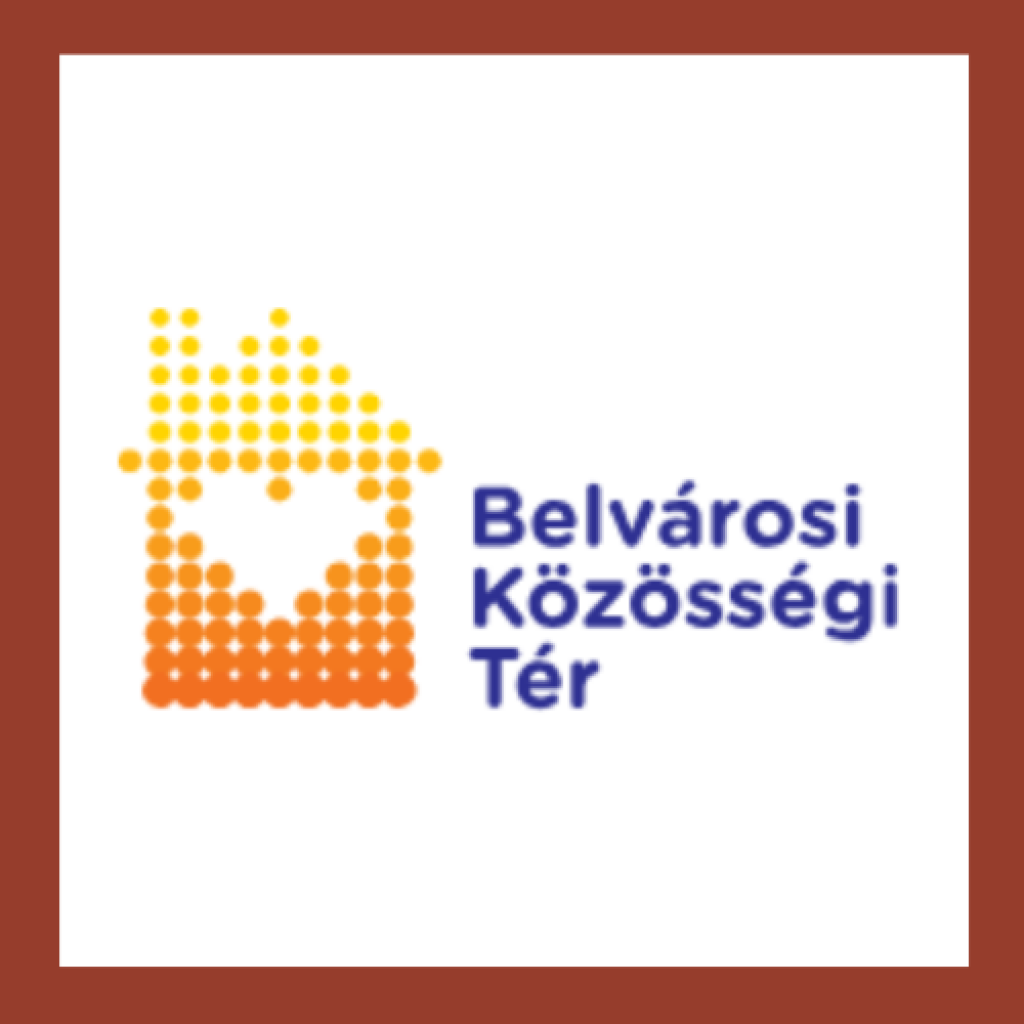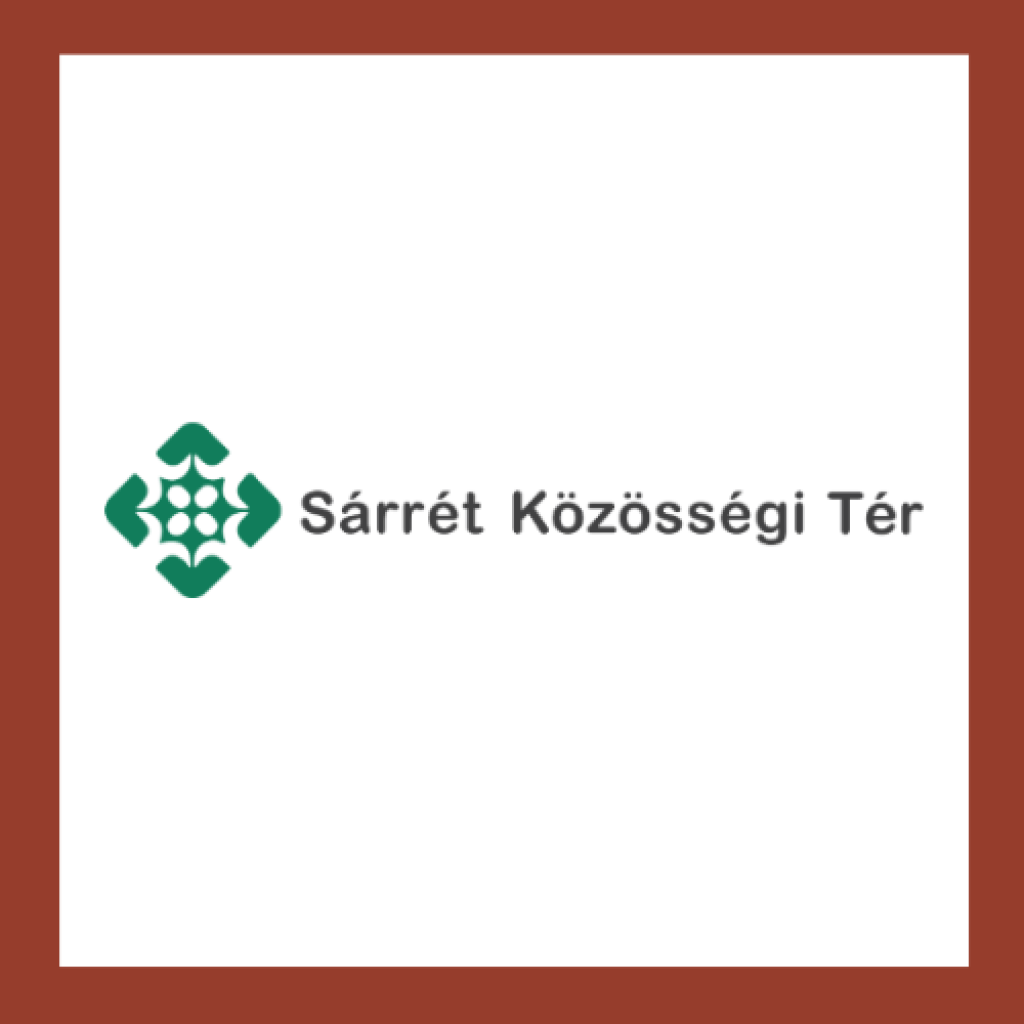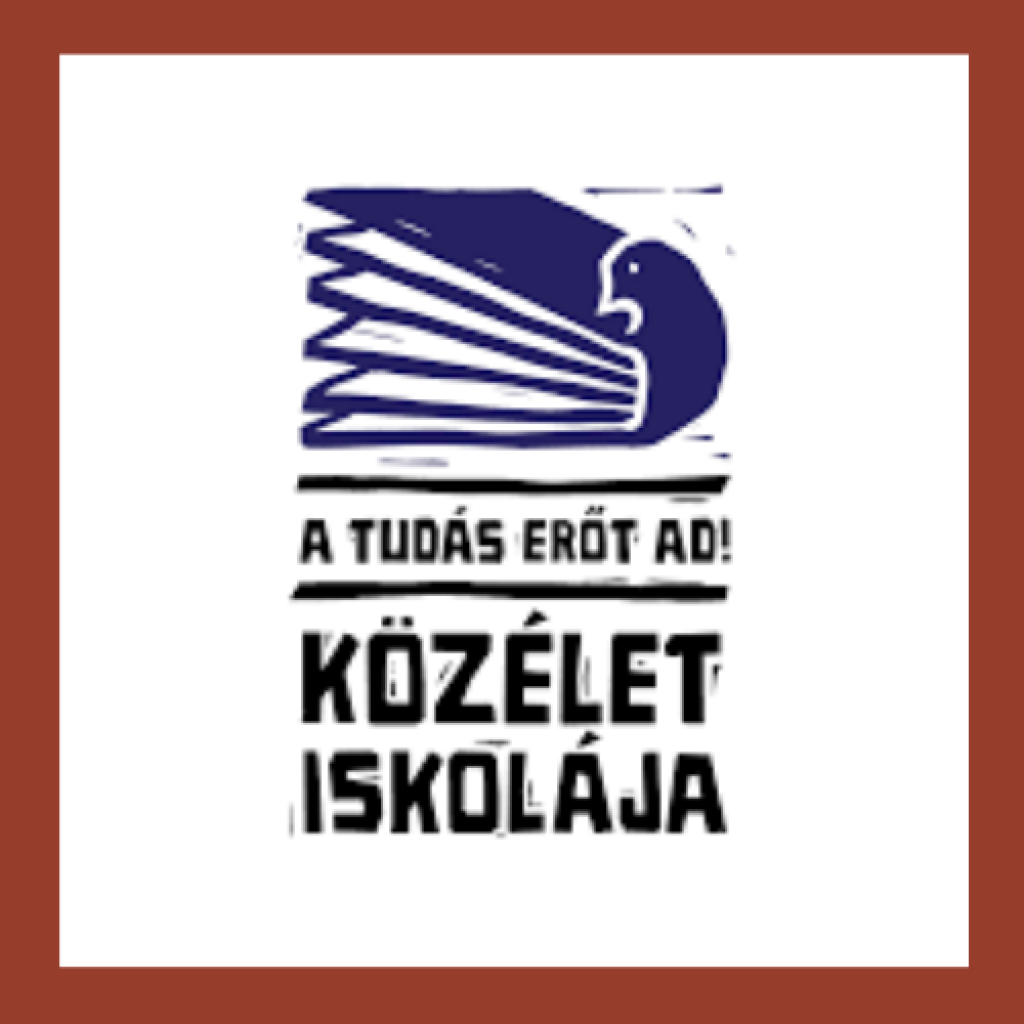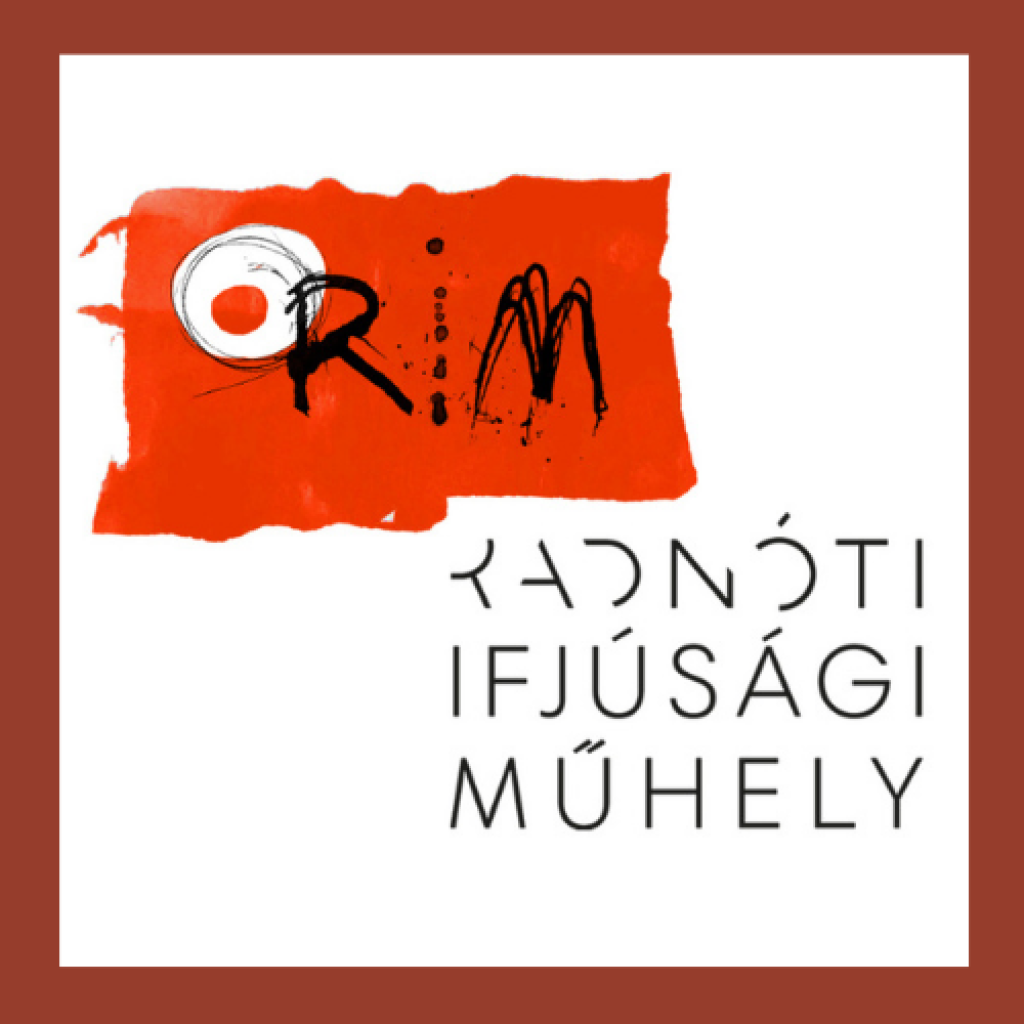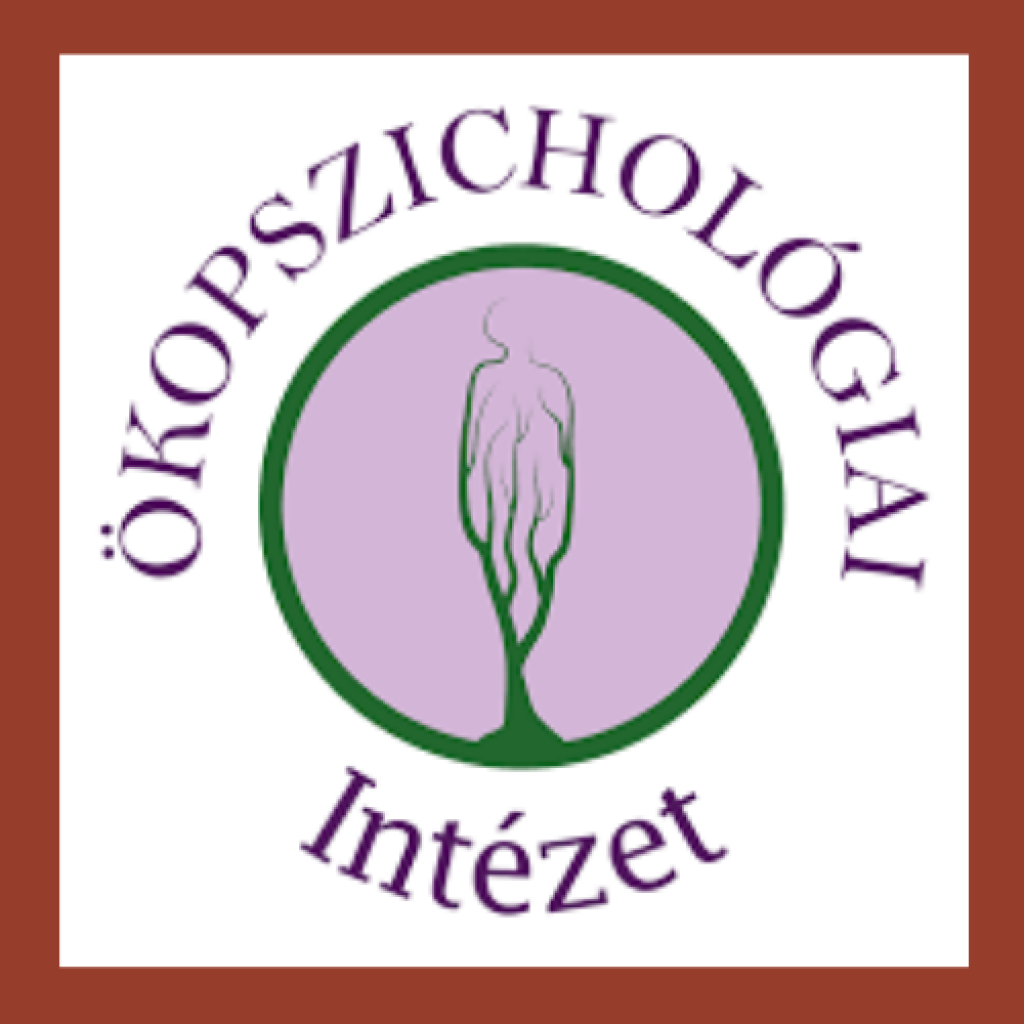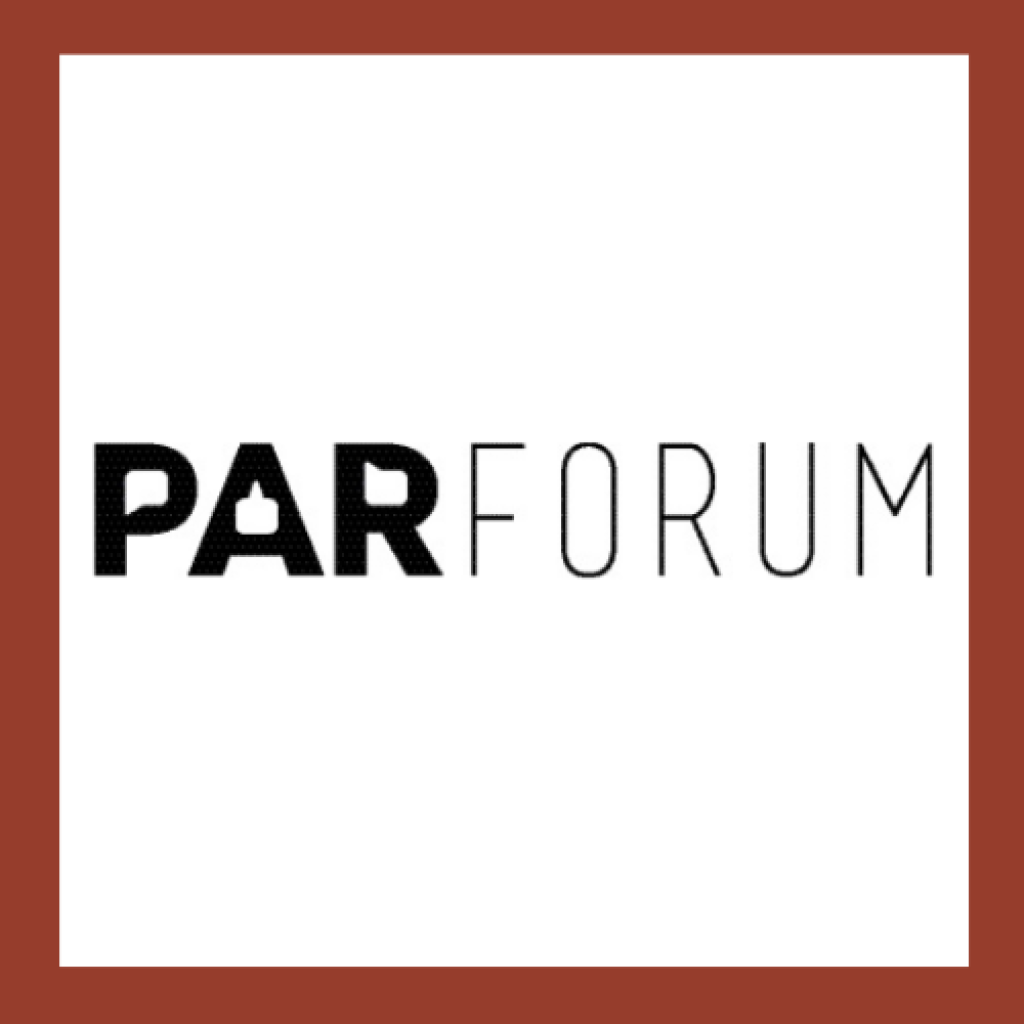ECOPSYCHOLOGICAL CONTEXTS IN FAIRY TALES
– WHAT MESSAGE DOES THE LAND SEND US?
PRESENTERS: ATTILA DONÁTH – DR. ANDREA KALÓCZKAI
– WHAT MESSAGE DOES THE LAND SEND US?
DATE AND TIME: 29th of June, Saturday 10:00-12:30
CONFERENCE TOPIC: Sociodrama and ecology – environmental issues and relationships between organisms, including humans, and their living context
TYPE: Workshop
ROOM:
NUMBER OF PARTICIPANTS: 16
TAGS: Sociodrama and Ecology, June29 Morning
ABSTRACT:
In this workshop, we will utilize sociodrama techniques to delve into the archetypal messages found within fairy tales, examining their resonance within ecopsychological contexts.
We will be working on the Indian tale The Buffalo Girl and her Friend the Crow (William Camus: Firebirds – a collection of stories).The technique used here uses sociodramatic and playback theatre devices by J.L. Moreno and J.Fox. The theory of interpretation of the fairy tale is based on the Treasure Hunting Story Therapy method created by Márta Antalfai, which is strongly based on the analytic theory of C.G. Jung. The above method combines elements of psychodrama and Jungian analytic-based story therapy.
During the workshop, spiritual work takes place in the group, using the fabric of the chosen fairy tale as a base story, and the main interpsychic conflicts and crises in the story are played out. The focus will be on nature settings and characters symbolically present in the fairy tales, and their impact on humans, especially the protagonist and their human relations.
In the process we personalise important objects, people, and act out the situation. The choice of roles is individual. At the start we will be choosing roles, setting the scene, and afterwards there will be processing and feedback. We will be working with all our senses. This allows us to learn about ourselves, our connections, details we did not know before, which can help us identify our problems. Fairy tales contain special underlying themes, ancient symbols, archetypes, basic conflict patterns, through which we can receive energies from the collective unconscious, beyond the individual consciousness.
This tale explores questions of living together in and with nature, belonging to a group, and the necessary and sufficient use of nature.
We will be focusing on two scenes. In the first one we explore the difficulties of the heroine’s return to the group after growing up in nature. In the other, we will look at two human responses to nature’s eternal bounty – one where greed and insatiability rule, and the other where necessity and moderation dominate.
Through these two examples, we can see the element that is fundamental to the tales, that human changes are closely linked to nature, as if they were an imprint, thus proving symbolically and factually that man and nature are inseparable, and their fate is interdependent.
ABOUT THE PRESENTERS:

Attila Donáth: Completed his psychodrama training in the early ’90s. He has been working for over thirty years as a consultant, organizational developer, trainer, supervisor, coach, and community social worker. In his work, he integrates sociodrama as a method, which he applies widely in various fields.
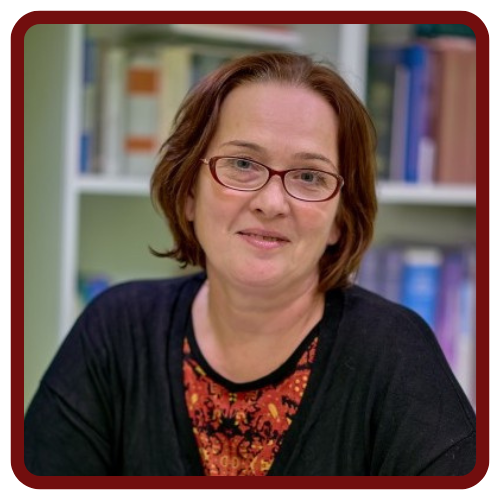
Dr. Andrea Kalóczkai: As a neurological physician, she began to take an interest in the psychological functioning of patients and the effects of the psyche on the body at the beginning of her career. She became a psychodrama psychotherapist and led psychodrama groups for several epileptic patients. She conducts analytically oriented individual therapies with monodramatic elements. Nearly 20 years ago, she started to become interested in fairy tales and narrative therapy based on Jungian principles. Since then, she has been working as a trainer and facilitator of self-awareness groups in this field.






